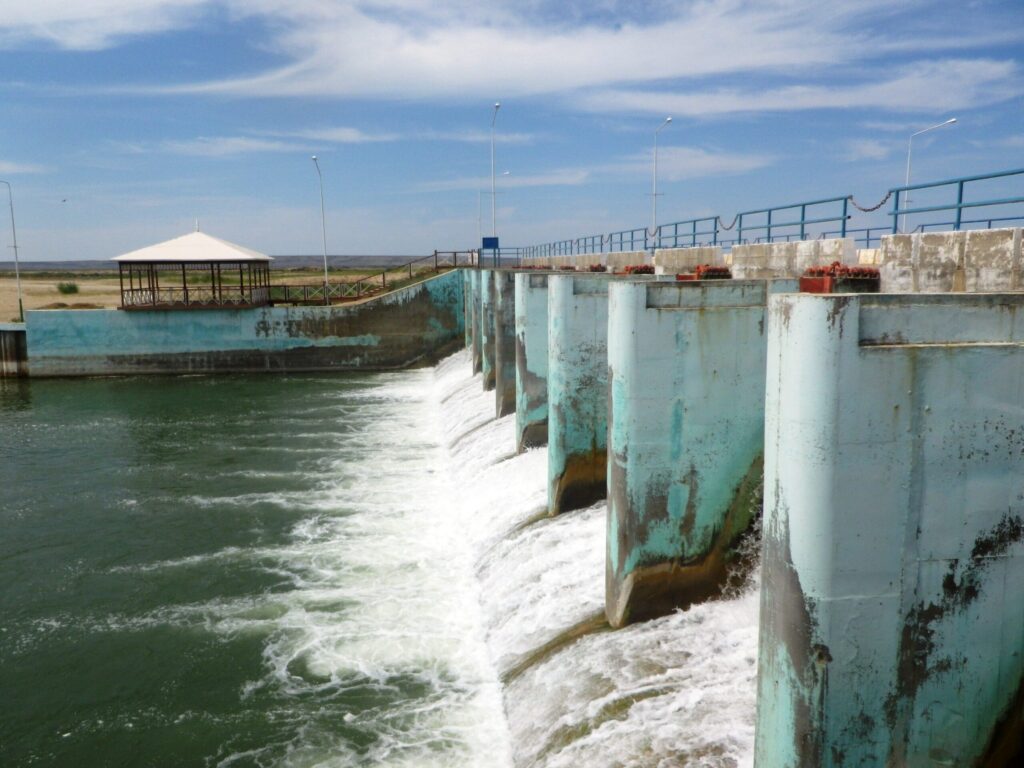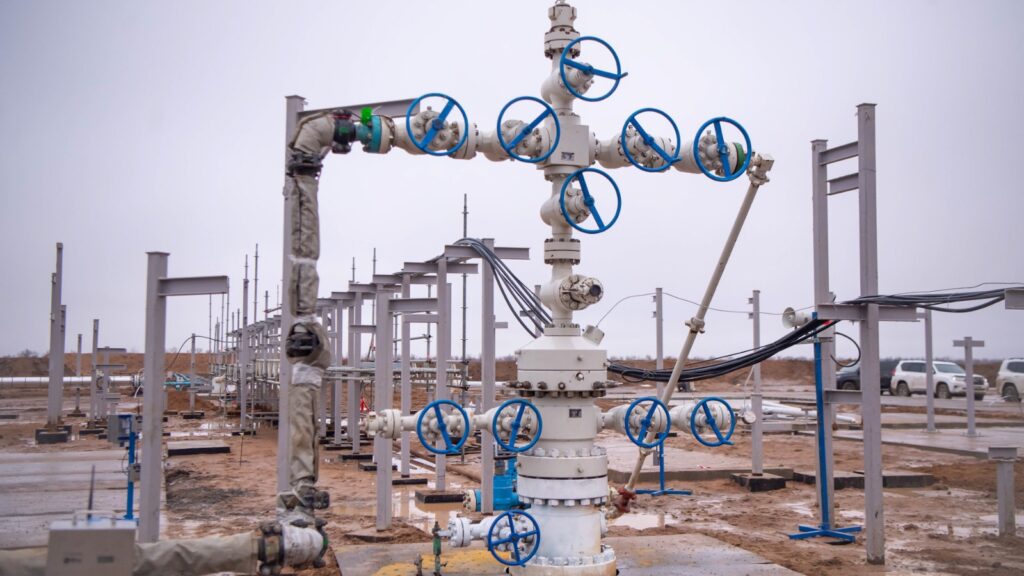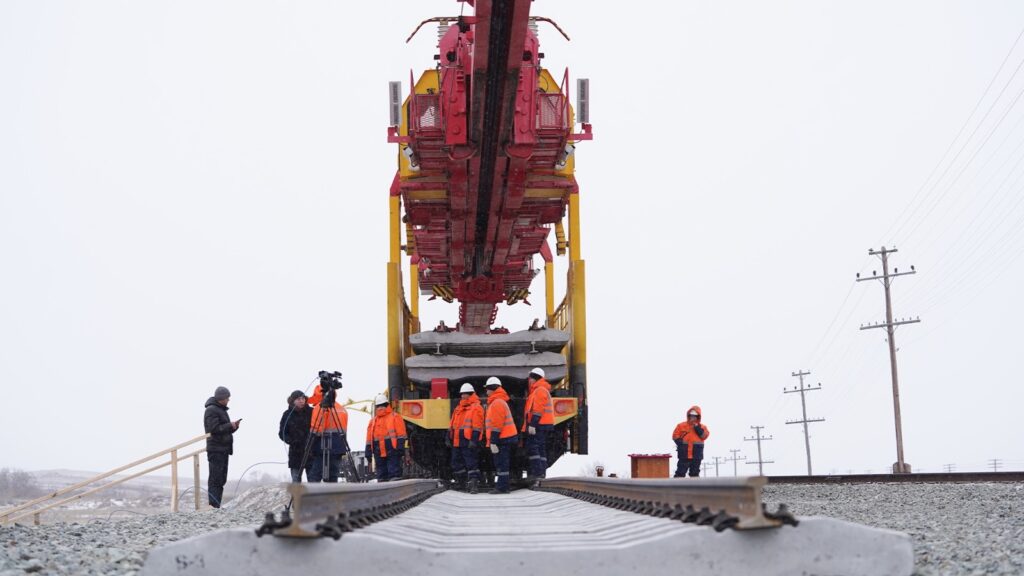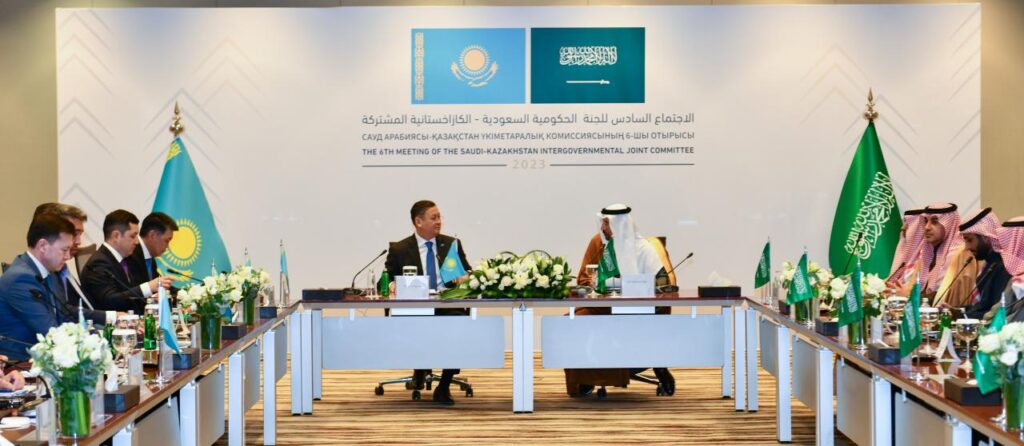Inaugural Meeting of Kazakhstan-Saudi Business Council Held in Riyadh
The first meeting of the Kazakhstan-Saudi Business Council took place on December 21st, 2023, demonstrating the deepening diplomatic and economic relations between the two countries. This event was organized by the Embassy of Kazakhstan to Saudi Arabia and the Federation of Saudi Chambers, as part of the 6th session of the Intergovernmental Committee between the two nations. In attendance were the Ambassador of Kazakhstan to Saudi Arabia, Berik Aryn, and Co-Chairman of the Business Council and General Director of GreyWolf Management LLP, Kanat Kudaibergen. Representatives from 46 Kazakh companies also participated in the meeting. Saudi Arabia was represented by the Ambassador of Saudi Arabia to Kazakhstan, Faisal Al-Qahtani, Co-Chairman of the Business Council and CEO of Alrajhi International Investments, Ahmed Al-Dakhil, as well as representatives from the Federation of Saudi Chambers and over 40 Saudi company managers and representatives. The establishment of the Kazakhstan-Saudi Business Council was formalized through an agreement signed between the National Chamber of Entrepreneurs of Kazakhstan, Atameken, and the Federation of Saudi Chambers during the Astana International Forum in June 2023.








